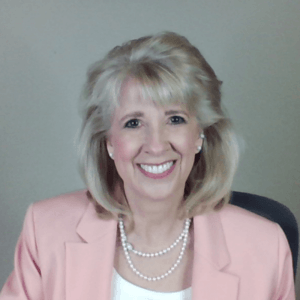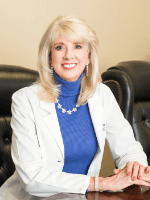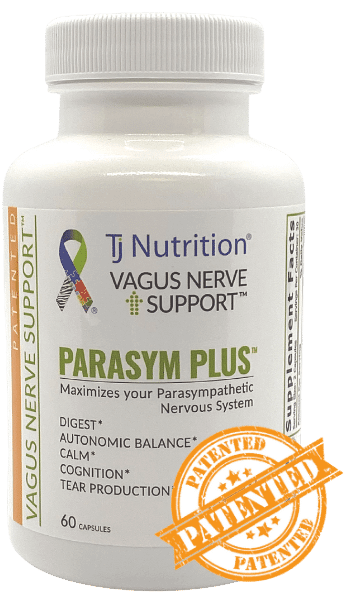Startup Info Interviews Dr. Diana Driscoll, Optometrist
First of all, how are you and your family doing in the pandemic?
Dr. Driscoll: It is such a surreal time, and although a couple of us in my family are high-risk, we have all remained healthy. When my son was ready to return to college, though, I felt a little bit like I was throwing him to the wolves! Of course, a feeling of isolation can be damaging to anyone, and I know how fortunate we are to have others in our lives, all while managing risk.
Tell us about you, your career, and how you founded POTS Care.
Dr. Driscoll: Interestingly, POTS Care evolved from a long recovery journey from a dramatic post-viral illness that affected my son and me. We were ultimately diagnosed with POTS (Postural Orthostatic Tachycardia Syndrome) — a rare condition of the autonomic nervous system. A decade ago, no one had any understanding of this condition, but after years of research, I found myself in the unique position of being able to help others identify and treat their underlying cause of POTS. Now I see some COVID patients developing POTS and similar illnesses (we call them “Long-Haulers”) and understand much of what is happening and why! I guess you could say I was a Long-Hauler before it was cool! I’m in this unique situation of having the ability to help these people and was already doing so before the pandemic began.

How does POTS Care innovate?
Dr. Driscoll: When my son and I became ill, doctors were treating POTS by trying to cover up the symptoms – a dismal failure. I knew our viral triggers were a big clue to our disabling illness, and I set up a corporation (Genetic Disease Investigators) to dig deeply for answers. I think one reason I was successful in getting answers was that I was a patient! Being in the body of someone suffering offered insight that health researchers couldn’t have. This insight culminated in two patents to date, and innovation continues by staying firmly in science.
How does the pandemic affect POTS Care, and how are you coping?
Dr. Driscoll: I remember the phone didn’t ring for two weeks when we were first in lockdown! But interestingly, the pandemic has opened up telemedicine, and we were prepared to offer remote services from the start. Coping includes staying in close touch with how every staff member is handling the risk of coming to work. I want to be respectful of both fears of getting the virus and fears of being isolated! Somehow, we’re walking that line fairly well.
Did you have to make difficult choices, and what are the lessons learned?
Dr. Driscoll: I made a difficult decision initially to not take a salary (or any income) in order to be able to continue to keep the team together. It’s the people in your life that really matter, and remaining compassionate to the needs of others is a critical skill for every CEO going through a crisis. I wish I could say I did it perfectly — I didn’t. I remember many nights waking up in a cold sweat, concerned with everyone’s future. If you can step back from the fear and think of the situation as a puzzle that must be solved, it is easier to dodge and weave through the necessary changes.
How do you deal with stress and anxiety, how do you project yourself and POTS Care in the future?
Dr. Driscoll: Sometimes, I feel like I am indestructible! After suffering from a horrible illness for over a decade and yet recovering and having a normal life again, I often feel like there is nothing that can shake me until it does! Anxiety creeps in, and I know I must recognize it and get on top of it right away, so it doesn’t affect those around me. Exercise, safe social engagements, making new friends, and creating something from nothing is what gets me through. Most of us entrepreneurs have an ability to rise above – or we wouldn’t be entrepreneurs!
Who are your competitors? And how do you plan to stay in the game?
Dr. Driscoll: POTS Care is the only clinic that is dedicated to identifying and treating the underlying causes of POTS – we have no competition in that arena. We have more information and science to release, and we will work hard to lead the charge for answers.
Your final thoughts?
Dr. Driscoll: Interestingly, COVID offers validation for those suffering from POTS because this virus is showing itself to be a trigger in some patients. Oddly, this will help us release answers at warp speed because of all of the great minds at work right now. More globally, this pandemic has forced us all to be immediately clever and to evaluate (or reevaluate) what is truly important to us. It offers us the opportunity to reconstruct our businesses and lives in the most meaningful of ways. We must stay focused on the silver linings!










